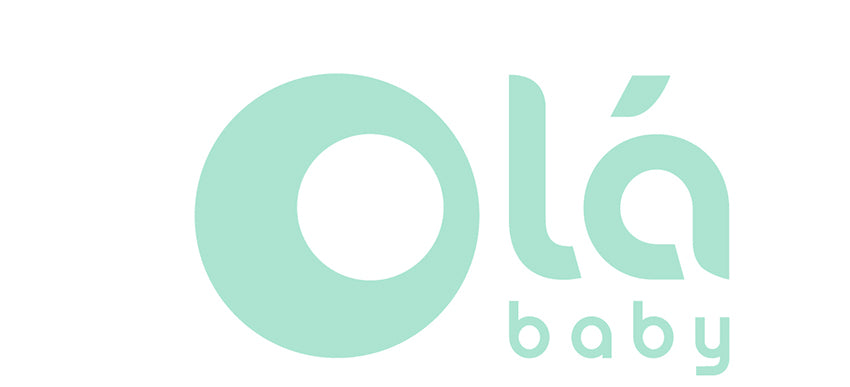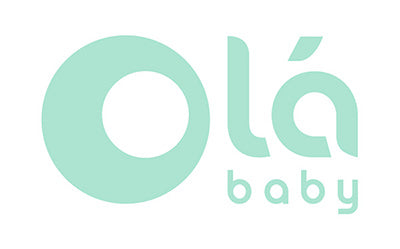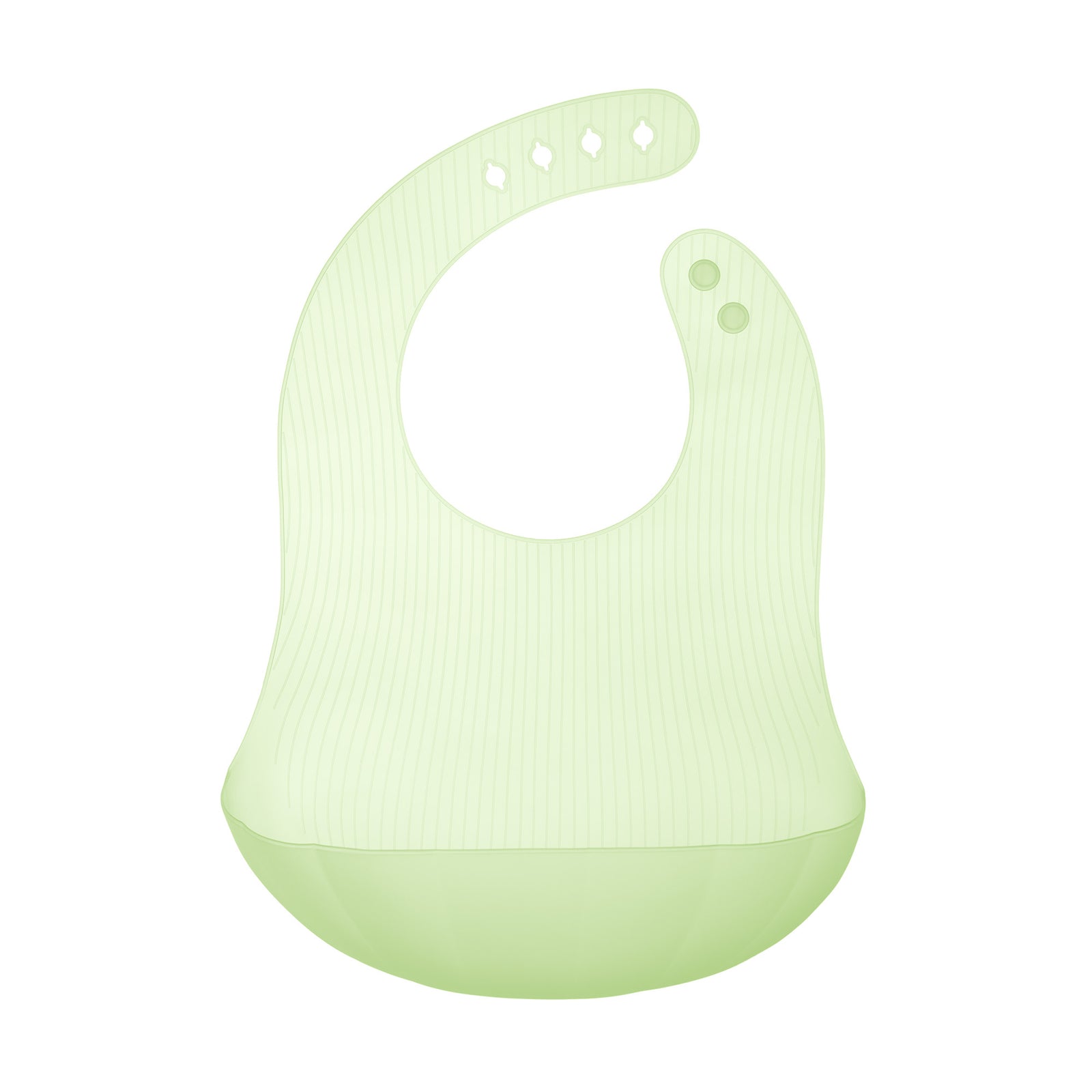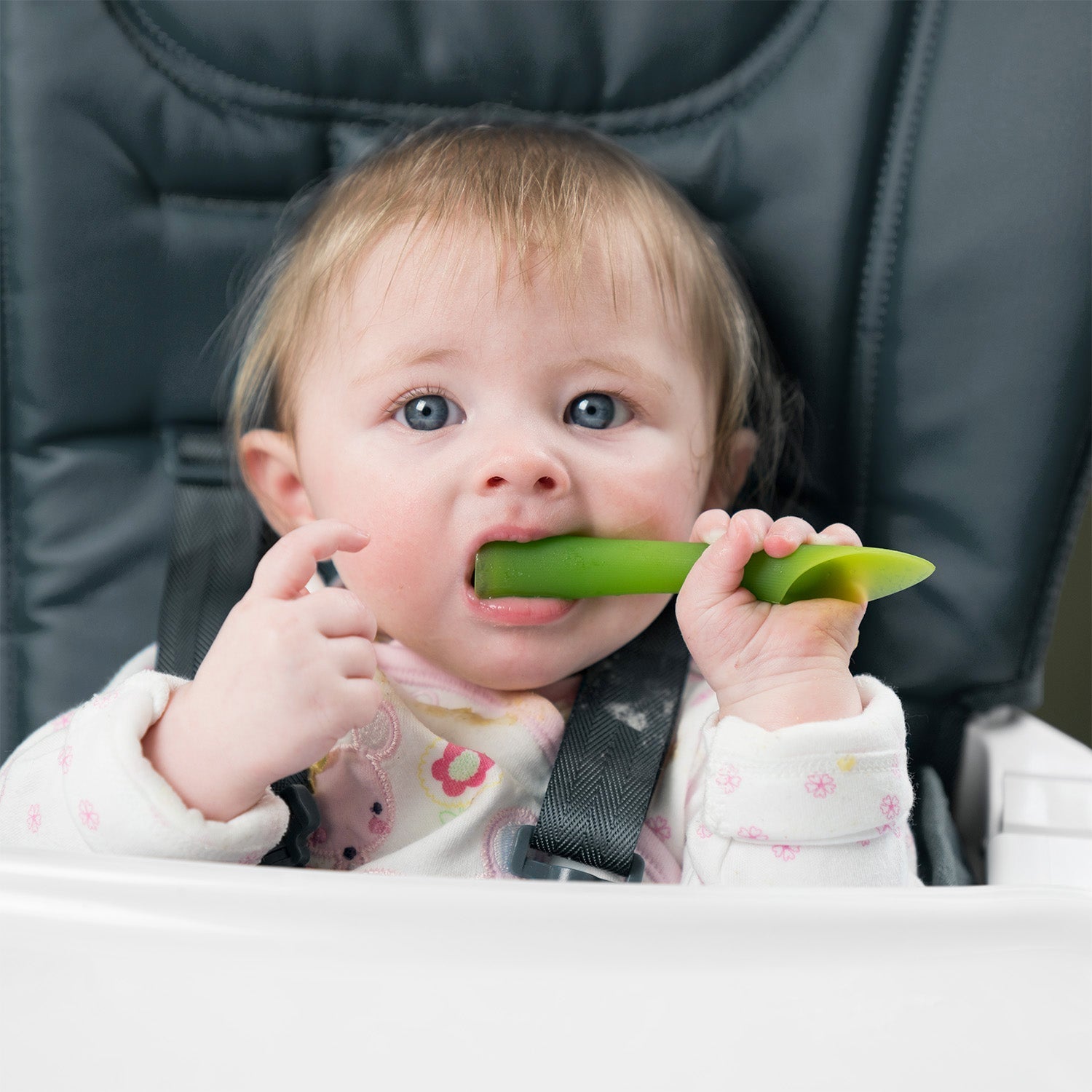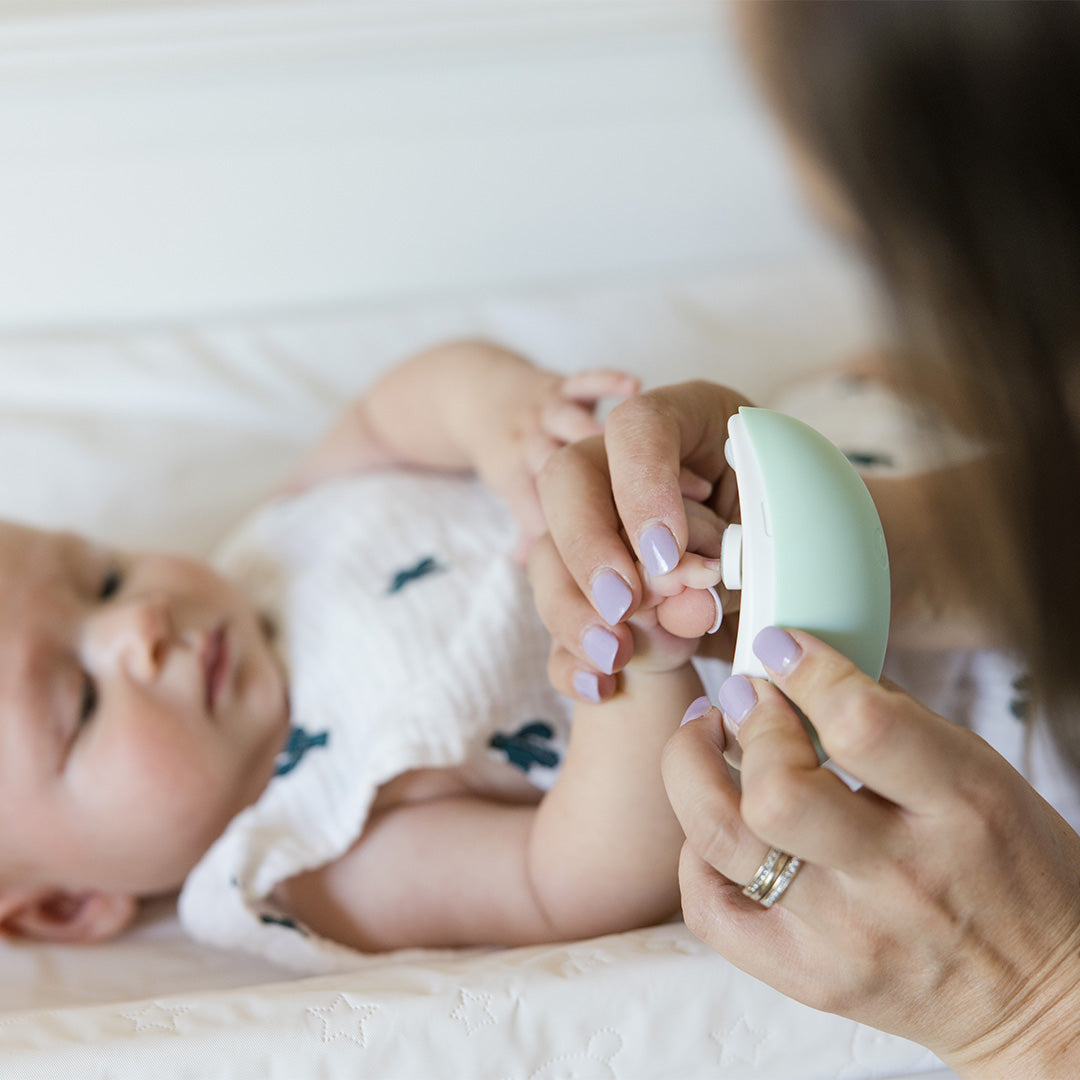Mouthing is a natural and essential developmental stage for babies. It usually starts when the little is 3-4 month of age. It involves putting objects, such as toys, fingers, or hands, into their mouths. It's a key way infants explore and learn about the world around them. Unfortunately, Eczema on the hands at this stage can create a frustrating cycle for parents. Here's why it's a challenge and what you can do.
The Problem:
• Irritation: Eczema makes the skin itchy and inflamed. Mouthing, with saliva and the friction of rubbing against surfaces, can further irritate the eczema on their hands, making it worse.
• Infection Risk: Open skin from eczema is more susceptible to infection. Mouthing introduces bacteria from the mouth, increasing this risk.
• Cycle of Itching: The itchier the eczema gets, the more the baby will mouth to try and soothe it, creating a vicious cycle of irritation and itching.
What You Can Do:
1. Prioritize Eczema Management:
• Moisturize: This is KEY. Use a thick, fragrance-free, hypoallergenic moisturizer on your baby's hands frequently, especially after baths and handwashing.
• Identify Triggers: Try to figure out what might be triggering your baby's eczema (fabrics, soaps, foods, etc.) and avoid them.
• Consult Your Doctor: They can recommend specific treatments like topical steroids or other medications to help control the eczema flare-ups.
2. Safe Mouthing Strategies:
• Clean Teethers: Offer plenty of clean, age-appropriate teethers for your baby to mouth on instead of their hands.
• Handwashing: Keep your baby's hands as clean as possible to minimize the introduction of bacteria. But remember not to over wash, excessive handwashing can dry out the skin and worsen eczema.
• Avoid Harsh Soaps: Use gentle, fragrance-free hand soap when you need to wash your baby's hands.
3. Breaking the Cycle:
• Distraction: When you notice your baby mouthing their hands, try to distract them with a toy or activity.
• Use Baby Mitten (at night): If your baby scratches a lot in their sleep, mitten can help prevent further irritation.
Remember to Always talk to your pediatrician: They can provide personalized advice and treatment options based on your baby's specific needs and the severity of their eczema.
